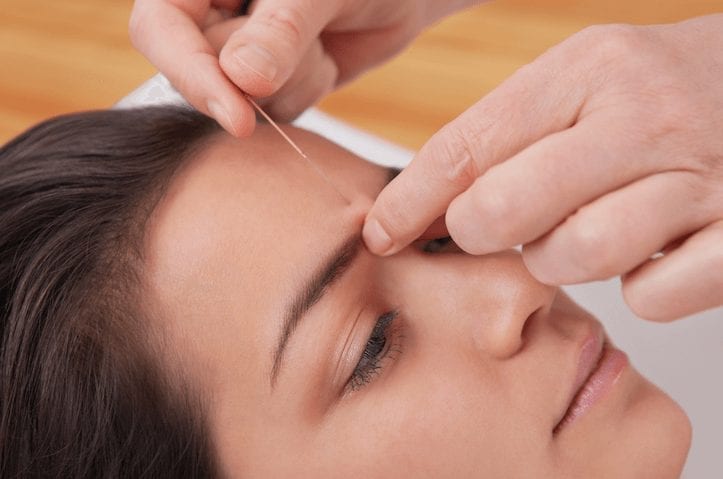Did you ever think that heroin addiction could be treated with acupuncture? Few of us have. Acupuncture has been used for 3,000 years for everything from allergies to chronic pain, but since 1973 there has been an increase in using acupuncture as a treatment for addictions.
Understanding Acupuncture and Addictions
Acupuncture works on the concept of yin and yang- two complementary and opposing dynamics found in nature. When we are healthy, our yin and yang is said to be in balance. Addicts are found to be lacking in yin, and since yin is like water and yang is like fire, a shortage of yin means the fire of yang can grow out of control.
As a treatment or therapy, acupuncture needles stimulate certain locations in the body to improve the corresponding problem area. Research has shown that acupuncture raises endorphin levels, which are natural painkillers, found in and produced by the body. It was noted that addicts were better able to curb cravings and withdrawal symptoms when endorphin levels were kept high.
Are you interested in becoming a certified acupuncture professional?
Visit the links below to explore our specialized acupuncture programs at a campus near you:
Acupuncture in Addiction Treatment Programs
In the 1970’s, the first acupuncture detoxification clinic in the United States opened at the Lincoln Memorial Hospital in New York City. Since that time, there have been detoxification clinics opened in San Francisco, Chicago, Miami, and other cities across the US. Acupuncture is a natural treatment with no side effects. Acupuncture is beneficial in treating addictions to a wide range of drugs including barbiturates, cocaine, and nicotine.
What can a person seeking treatment expect at one of these treatment centers? Here’s an overview:
- Trained clinicians will use three to five acupuncture points located on the ear.
- Treatments are usually provided in a group setting and last about 45 minutes.
- The needles penetrate to about 1/8 of an inch and are used on the outsides of the ear.
- The acupuncture is part of the overall treatment, which includes a 12-step Narcotics Anonymous approach.
- An herbal sleep mix is often included (insomnia is a regular companion to addictions.)
The advantages of acupuncture as a major proponent in this addiction treatment model is that it is beneficial to both a patient who is off of drugs, or for someone who is still using. Also, if patients are not yet receptive to communicating or may have language barriers, it doesn’t have to mean a delay in treatment- acupuncture needs little or no verbal participation. This gives the professionals more time to review and diagnose an individual. Patients tend to be more open and calm, because they don’t have the added pressure of having to begin counseling immediately.
The non-verbal first steps of ear acupuncture have proven successful in getting patients to a point where they feel more in control. That, in turn helps them to become more involved in their own rehabilitation. Acupuncture plays a big part in their eventual success.
Featured Posts:

